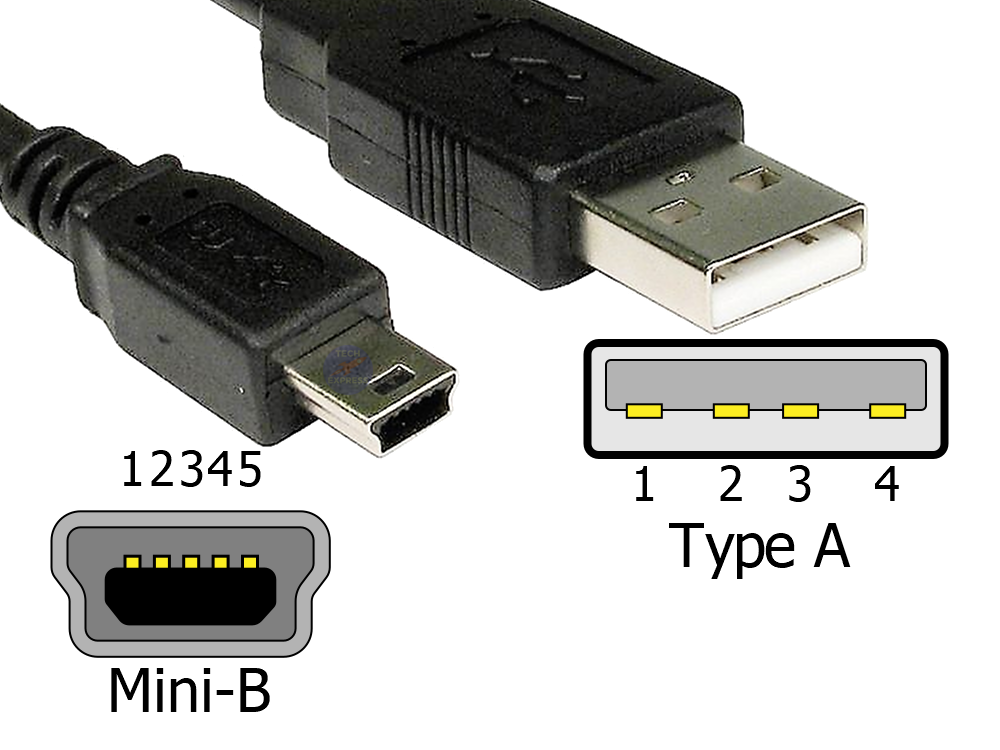PS3 Wireless Controller USB Charge Cable PlayStation 3 Controller charger cord
PS3 Wireless Controller USB Charge Cable PlayStation 3 Controller charger cord
PS3 Wireless Controller Charge Cable.![]()
Guaranteed reliability: Our 2m PS3 Wireless Controller Charge Cable includes a 1 Year Techexpress New Zealand Guarantee!
Simultaneously charge and play at the same time. Excellent if your PS3 controller battery is completely flat and you need to play.
Easy to use. Connect the small end of the charging cable into your PS3 controller and then insert the other end into your PS3 console to charge.
This PS3 controller charge cable can both charge the controller and sync it to the console. It supports charging and controller pairing.
Length: 2m.
Colour: Black.
Sold as: Each.
Condition: New.
Packaging: Bulk.
Modes: Charge and Sync (Pair).
Product Type: PS3 Controller Charger Cable.
Compatibility: Sony Wireless PS3 Controllers.
Product Code: PS3-CONTROLLER-2M-CHARGE-NZ.
Package includes: 1x PS3 Wireless Controller USB Charge Cable. Wireless PS3 controller or battery not included.
Combine & Save. See our range of cables, parts and accessories.
This generic, replacement, third-party PlayStation 3 controller charger cable is not made by Sony. Sony is a registered trademark of Sony Group Corporation. TECHEXPRESS NZ LIMITED is neither affiliated with nor approved by Sony.
People also search for: ps3 controller cable nz, long ps3 controller charger nz, replacement ps3 controller charger nz, ps3 dualshock 3 charger nz, ps3 usb charging cable nz, ps3 controller charging cord nz, playstation 3 controller cable nz, ps3 extended controller cable nz.
Warranty & Returns:
14 Day 'change of mind' return in unused condition for a refund less shipping fees.
1 Year return to base refund or replace guarantee.
We welcome & answer all questions.
Installation Hints, Tips and Troubleshooting:
Troubleshooting Guide for a USB Charge Cable for the PS3 Wireless Controller
If you're having issues charging your PS3 wireless controller using a USB charge cable, follow this troubleshooting guide to help identify and resolve potential problems.
-
Check the connections:
- Ensure that the USB cable is securely connected to the PS3 console or another suitable USB power source, such as a computer or wall charger.
- Make sure the mini-USB end of the cable is correctly plugged into the controller's charging port.
-
Verify the power source:
- Confirm that your USB power source is functioning correctly. Test it by connecting another USB device to ensure it is providing power.
- Keep in mind that charging the controller from a PS3 console is generally slower than using a dedicated wall charger.
-
Inspect the cable for damage:
- Carefully examine the USB charge cable for any signs of damage, such as cuts, fraying, or kinks, which could cause a loss of power or intermittent connections.
- Check both the USB and mini-USB connectors for signs of wear, bent pins, or foreign objects that may prevent a proper connection.
-
Reset the PS3 wireless controller:
- Sometimes, the controller may not charge due to software-related issues. To reset the controller, locate the small reset button on the back of the controller, near the L2 button. Use a paper clip or similar small object to press the button for a few seconds. After resetting, try charging the controller again.
-
Test the controller's battery:
- If the controller still won't charge, the battery may be depleted or faulty. Connect the controller to the USB charge cable and attempt to turn it on by pressing the PS button. If the controller powers on when connected but doesn't hold a charge when disconnected, the battery may need to be replaced.
-
Test the connected device:
- If possible, test the controller with an alternative USB charge cable to rule out any issues with the original cable.
- Similarly, try charging another PS3 wireless controller with the same USB cable to verify that the problem is not with the controller itself.
-
Update the PS3 system software:
- In some cases, updating the PS3 system software may resolve charging issues with the wireless controller. Ensure that your PS3 console is running the latest system software by checking for updates in the System Update menu.
If you've followed these troubleshooting steps and still cannot resolve the issue, consider contacting Sony support or a local repair shop for further assistance. The controller's battery may need to be replaced, or there could be an internal issue with the controller itself.
We welcome & answer all questions.









